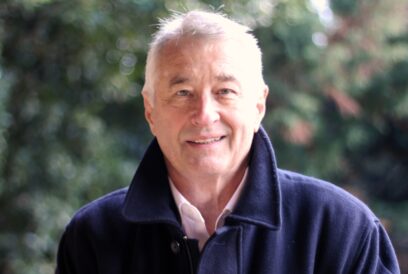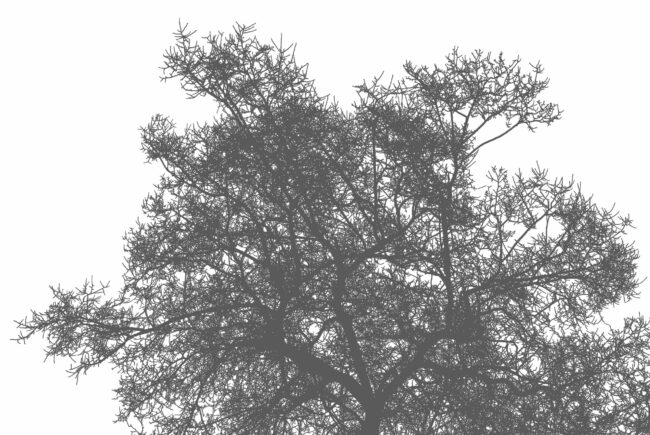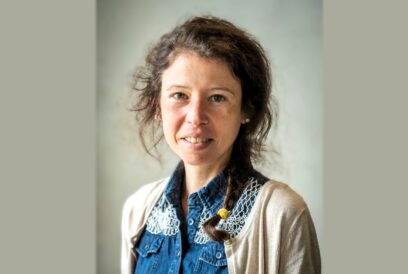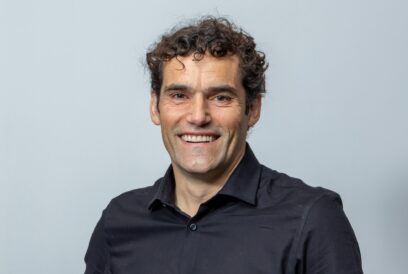

The name Elm Magazine stands for the European Lifelong Learning Magazine – but also refers to the Elm tree. Illustration: Shutterstock
The name Elm Magazine stands for the European Lifelong Learning Magazine – but also refers to the Elm tree. Illustration: Shutterstock
In his essay, Michael Sommer looks back on his two decades of collaboration with ELM Magazine and its predecessors.
ELM Magazine, in its current form, was born in the autumn of 2015 as the result of a merger of two online media organisations, LLinE (Lifelong Learning in Europe) and InfoNet Adult Education.
ELM and LLinE have been accompanying me for two thirds of my professional life of almost 30 years so far.
I founded InfoNet Adult Education in 2004. The aim was to build up a network of journalistically oriented magazines on adult education in Europe. The network – a sort of a forerunner of today’s EPALE – was funded by the European Union for a total of nine years from 2005 onwards.
Until the end of 2015, the InfoNet network with its 30 or so partners published countless articles, first in a newsletter then on the website.
AT THE TIME, LLinE was the only magazine covering adult education with a European scope, so it was important for us to start co-operation.
With the then LLinE editor Eeva Siirala, we first compiled an overview of the approximately 85 journals published in Europe on adult education. Apart from LLinE, these publications were almost exclusively aimed at the readership in their own country.
Together we adopted an approach, which we called “Writing for Europe” for our work.
Since its first issue in 1996 (on “Innovation”), LLinE had taken on a completely different perspective; to present what is European and what unites Europe in education.
Together we adopted an approach, which we called “Writing for Europe” for our work. The correspondents in the network were specially trained to write their texts in such a way that they were interesting for everyone in Europe. Our aim was that a Dane, for example, could read a story about an Italian project and find relevant connections and ideas for their own work.
This approach, in addition to discussing learning in a broader sense, was later transferred to the journalistic principles of Elm Magazine.
In our work with Elm, we have always highlighted that the educational process does not end at the school door – it shapes people throughout their lives.
With this understanding, the different views in Europe on “adult education” can also be examined and analysed together. In Elm Magazine, we have always covered informal and non-formal learning, both vocational and liberal adult education.
ONE ONGOING discussion we have had since the days of InfoNet has revolved around finding the right readership.
Our publication is by no means for the masses but is addressing specialists working in or with adult education. Moreover, the perspective of most Europeans is focused on their own national context, while interest in activities in other European countries is not very pronounced.
Thanks to the funding from the European Union for InfoNet, and later the Finnish Ministry of Education for ELM Magazine, this work can nevertheless be done continuously and independently of advertising and private donors.
For those involved in our network, this journalistic work has been and remains a stroke of luck. Many long-standing personal and professional contacts have been established. On top of that, we have been able to make a small contribution to people in Europe feeling like Europeans.
LOOKING BACK, I remember one situation especially well: on 5 September in 2014, we were sitting with six or seven colleagues in my mother’s living room in Düsseldorf – a better meeting room was not available close to the airport – and discussing future cooperation.
The funding for InfoNet was coming to an end, and the first plans were already being made in Brussels to launch EPALE.
We had previously decided that InfoNet and LLinE should become one publication that remained free of charge and existed online. Now all that was needed was a new name. Various proposals were discussed and rejected.
Then an idea hit us: elm, like the tree – the European Lifelong Learning Magazine. A short silence, and then universal agreement. A tree was born.
Dr Michael Sommer has worked closely with the Kvs Foundation and the respective editors of Elm and LLinE. He led the InfoNet Adult Education network until its merger with Elm in 2015. He was also editor of the German magazine “Erwachsenenbildung” (until 2021) and works as a project developer for the Akademie Klausenhof.
Author







